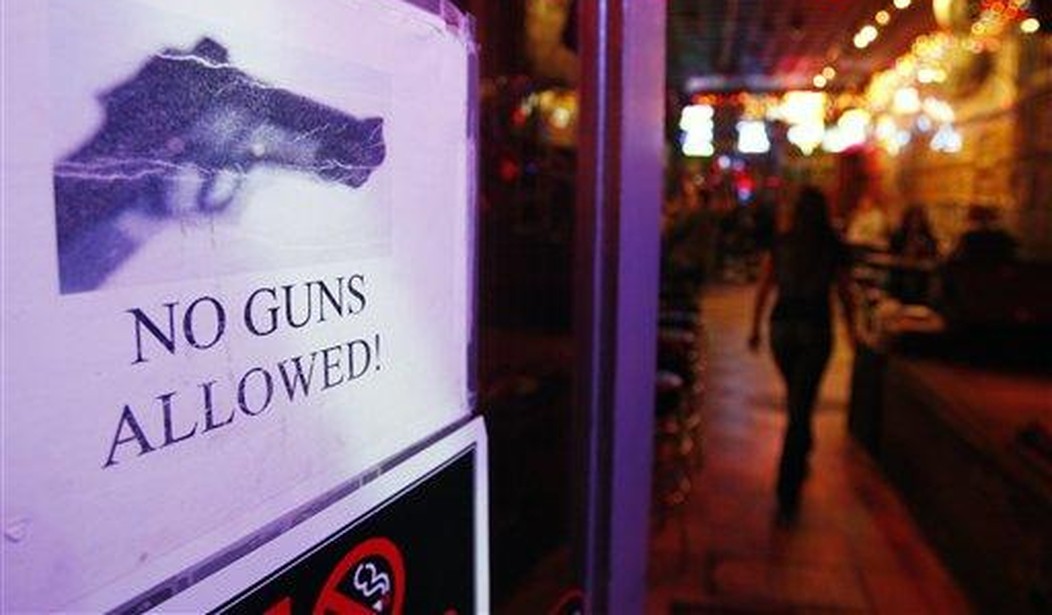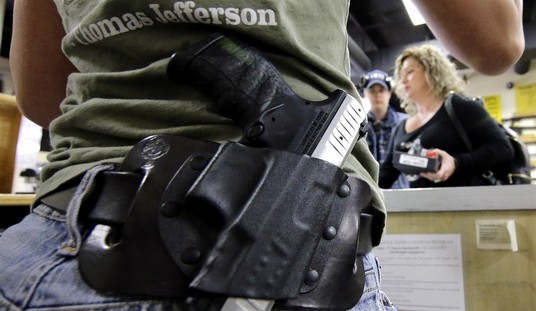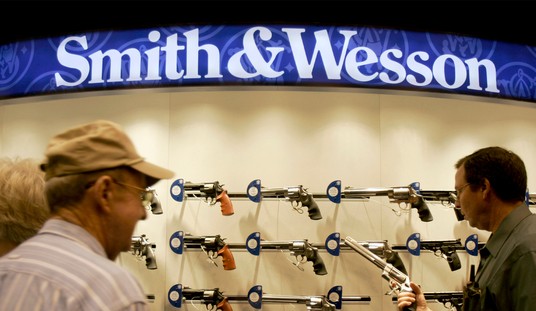As of July 1st, it’s now a crime for the small but growing number of concealed carry holders in Hawaii to have their pistol on them when dining at a restaurant that serves alcohol, taking a walk along one of the seaside beach parks in the state, or even entering their PIN number at an ATM. All of these locations (and many more) are now “sensitive places” where lawful concealed carry is banned, but several gun owners in the state and the Hawaii Firearms Coalition are hoping to undo those restrictions with a new federal lawsuit filed last week.
“There’s a lot of crime at some of the parks and beaches,” said Todd Yukutake, a director of the coalition. “And it can be very scary at some of these beach parks.”
Alan Beck, an attorney for the plaintiffs, said his clients especially want to protect themselves at isolated beaches, where they might be fishing or going for a walk rather than sunbathing or swimming.
“The truth is it’s probably safer at Waikiki Beach during the day when there’s, you know, thousands of people around,” he said of Honolulu’s tourist mecca. “But a lot of these beaches in Hawaii aren’t the beaches people think of when, you know, they see movies or TV.”
Guns at beaches is not the image that tourism-dependent Hawaii wants to project, said Democratic state Sen. Karl Rhoads.
“A sensitive place is a place where you would not expect there to be guns,” he said. “Where you expect to have a good time and not have to worry about violence and being shot.”
Umm, no. If Rhoads had his way, then the entirety of the state would be one big “gun-free zone.” The Supreme Court hasn’t offered an exhaustive list of places where firearms might be prohibited without running afoul of the Constitution, but in the Bruen case they made it clear that those “sensitive places” were the exception, and not the rule, when it comes to concealed carry.
Consider, for example, Heller’s discussion of “longstanding” “laws forbidding the carrying of firearms in sensitive places such as schools and government buildings.” Although the historical record yields relatively few 18th- and 19th-century “sensitive places” where weapons were altogether prohibited—e.g., legislative assemblies, polling places, and courthouses—we are also aware of no disputes regarding the lawfulness of such prohibitions. We therefore can assume it settled that these locations were “sensitive places” where arms carrying could be prohibited consistent with the Second Amendment. And courts can use analogies to those historical regulations of “sensitive places” to determine that modern regulations prohibiting the carry of firearms in new and analogous sensitive places are constitutionally permissible.
Although we have no occasion to comprehensively define “sensitive places” in this case, we do think respondents err in their attempt to characterize New York’s proper-cause requirement as a “sensitive-place” law. In their view, “sensitive places” where the government may lawfully disarm law-abiding citizens include all “places where people typically congregate and where law-enforcement and other public-safety professionals are presumptively available.”
It is true that people sometimes congregate in “sensitive places,” and it is likewise true that law enforcement professionals are usually presumptively available in those locations. But expanding the category of “sensitive places” simply to all places of public congregation that are not isolated from law enforcement defines the category of “sensitive places” far too broadly. Respondents’ argument would in effect exempt cities from the Second Amendment and would eviscerate the general right to publicly carry arms for self-defense that we discuss in detail below. Put simply, there is no historical basis for New York to effectively declare the island of Manhattan a “sensitive place” simply because it is crowded and protected generally by the New York City Police Department.
Is the parking lot of a government building really a “sensitive place” where guns can be banned? Any and all restaurants with liquor licenses? Public parks? All private property (unless posted to the contrary)? Not a chance, at least not under the test outlined by the Court in Bruen. As the plaintiffs’ attorneys point out, until last year there were virtually no “sensitive places” defined in Hawaii law because the anti-gunners in control of the state legislature saw no need for them thanks to the fact that concealed carry licenses were impossible for the average citizen to obtain. Once lawmakers realized that they would no longer be able to ensure that every application would be denied they decided to make it impossible for those with active carry licenses to carry almost anywhere on the islands. This isn’t an attempt to comply with Bruen, but to enact another carry ban by another means.
You can read the Hawaii Firearms Coalition’s lawsuit here, and we’ll be paying close attention to this case going forward. A hearing on a request for an injunction is scheduled to take place at the end of the month, and hopefully the growing number of Hawaii residents exercising their right to bear arms won’t have to wait too long before they can do so without running the risk of committing a criminal offense by setting foot in a “gun-free zone” that shouldn’t exist in the first place.









Join the conversation as a VIP Member